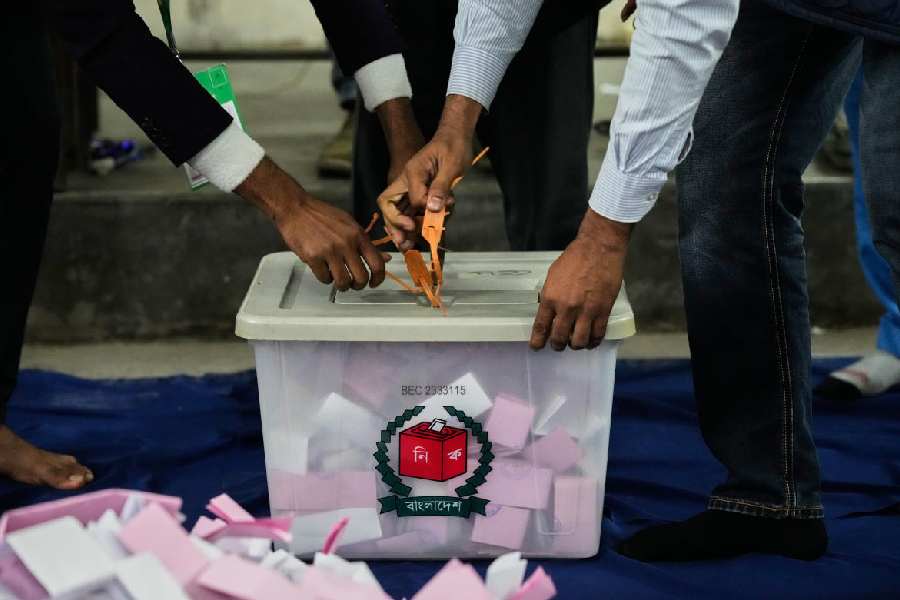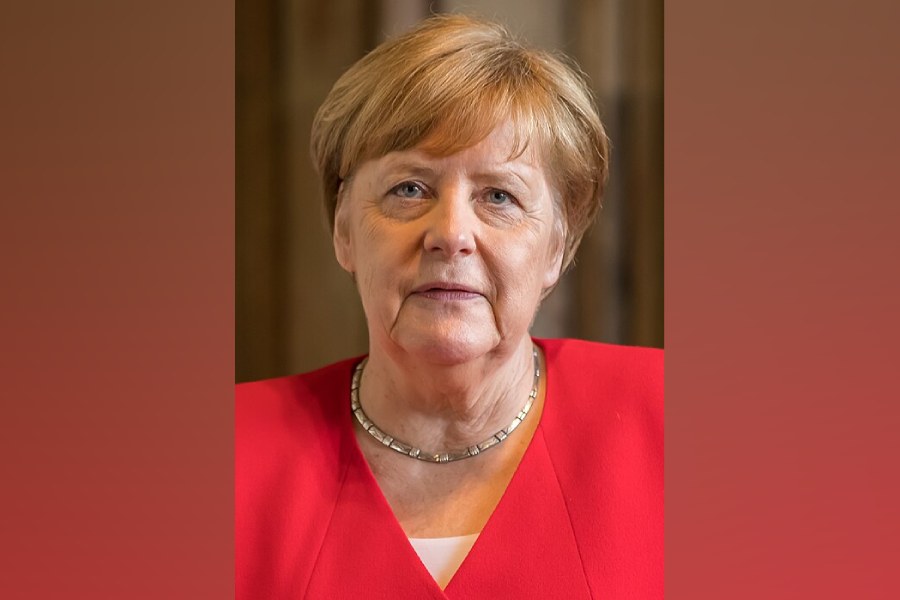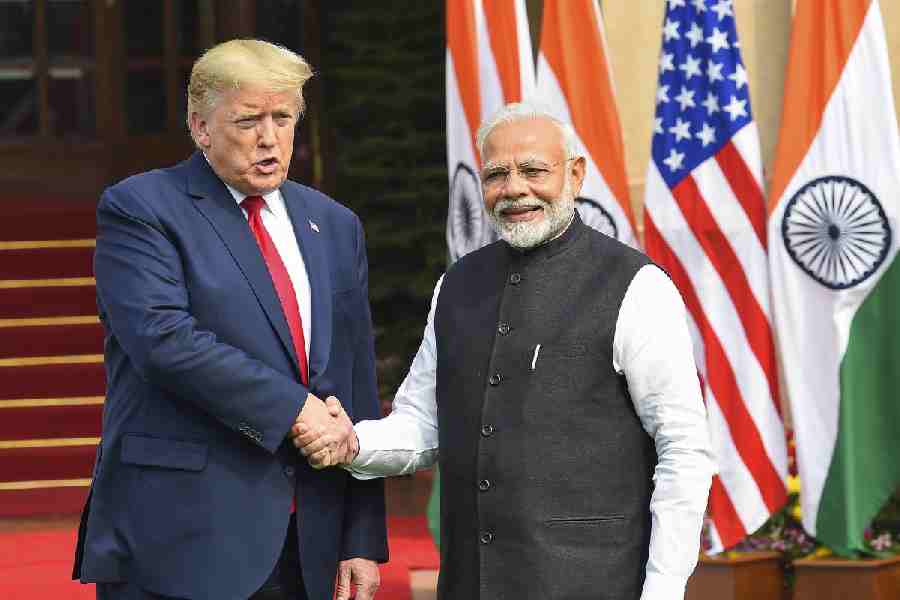Guwahati, May 11: A group of international and state energy and environmental experts met here today to initiate integrated resource planning process in Assam to ensure energy access to consumers with the least social and environmental impacts.
The workshop sought to explore integrated resource planning processes to optimise energy planning in the state. Currently, more than 60 per cent of the population does not have access to electricity, while regions with electricity experience frequent power cuts.
Aaranyak, a Guwahati-based organisation, hosted the workshop supported by International Rivers, an NGO based in California.
“In Assam, we need integrated resources planning very urgently with the co-operation, assistance and complete dedication of the government of Assam,” said H.N. Das, former chief secretary of Assam and chief guest at the workshop.
Meeting energy through this planning approach begins by surveying the current demand patterns as well as to develop forecasts over a 20 to 30-year period.
“Normally issues are currently viewed as whether we should go for hydro or thermal, small or large projects, implement supply side or demand side measures or go for renewable or non-renewable projects. Integrated resource planning gets us to look at this all together with societal goals in mind,” said Neeraj Vagholikar, member of Kalpavriksh researching in the Northeast for more than a decade.
Currently, aggregate transmission and commercial losses in Assam are between 26 and 28 per cent.
Ranjit Deshmukh, an energy researcher currently affiliated with the University of California, said renewable was the source for the present and future with solar and wind nearing convergence with the cost per unit of existing non-renewable sources.
“Solar is currently at Rs 6-7 per unit whereas good sites for wind energy generation has a production cost of Rs 4 per unit of electricity. There are other decentralised options such as micro hydro, which need to be integrated in to the state and national energy policies,” said Deshmukh, making a case for adopting an integrated resource planning approach.
The workshop decided to initiate a process in an integrated resource planning within six months.
first step is to map the stakeholders and identify responsibility.
The participants included state power-sector officials, academics and civil society representatives endorsed the initiation of the process in Assam.











